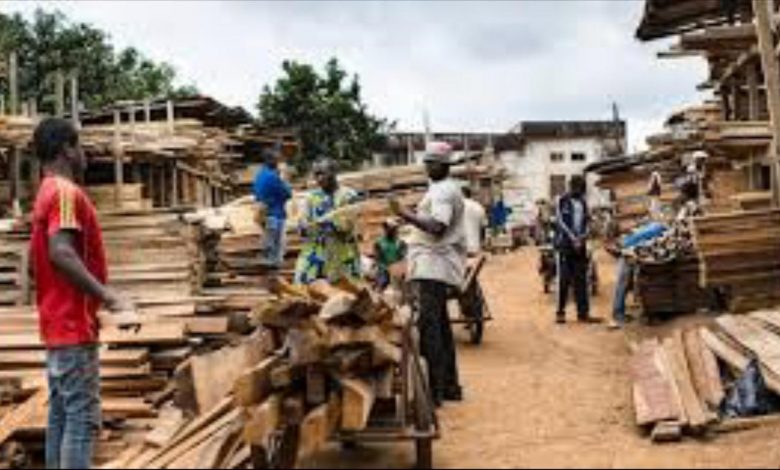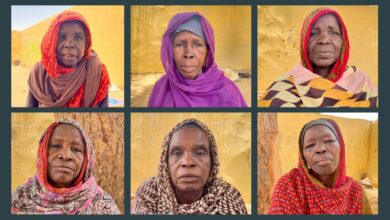Cameroon and DR Congo Mull Legalising Artisanal Lumbering To Curb Deforestation

The artisanal sawing and treatment of timber in Cameroon and the Democratic Republic of Congo would be formalised, modernised and legalised by 2023, the Centre de Recherche Forestiere Internationale (International Centre for Forestry Research) popularly known by its French acronym, CIFOR, has revealed.
This would enable the government to raise revenue from the sector which turnover has almost equaled the industrialised timber sector.
The initiative would be realised under the auspices of the “Promouvoir et Formaliser l’Exploitation Artisanale du Bois d’Oeuvre en Afrique Centrale” (PROFEAAC) (Promote and Formalise the Artisanal Exploitation of Lumbering in Central Africa) project. The project would be principally financed by the French Fund for Global Environment and be located on two sites in the Centre and East regions of Cameroon as well as Tshopo Province in the Democratic Republic of Congo.
HumAngle reports that the sawing and treatment of timber in the two countries stands at 2.1 million cubic metres for Cameroon and 3.4 cubic metres for DR Congo annually.
The prime mover behind this project is the realisation by CIFOR that artisanal sawed and treated timber in the Central African sub-region is in higher demand than the industrialised treated wood, thus the urgent need to legalise the operations.
In Cameroon, for instance, the artisanal timber treatment sector employs 45,000 people and generates 20 billion FCFA (about 40 million dollars) which is injected into the rural economy annually thus making it as important as the industrialised timber operations.
In spite of the enormous financial injection into the national economy, the sector operates outside the law and because of its uncontrolled nature, it contributes enormously towards deforestation and the degradation of national forests.
The PROFEAAC, when it becomes operational, would reinforce the capacities of artisanal timber exploiters leading to their obtaining legal status by acquiring licences and developing their commercial and financial competencies in order to ameliorate their standards of living.
“At the end of this project, we intend to augment the quality of legal timber sold in urban markets
“We would also sensitise not only supply sources but also the different categories of buyers in the big towns,” according to Guillaume Lescuyer, a scientist at the Centre de Cooperation Internationale en Recherche Agronomique pour le Developpement (Centre for International Cooperation in Agronomic Research for Development).
Support Our Journalism
There are millions of ordinary people affected by conflict in Africa whose stories are missing in the mainstream media. HumAngle is determined to tell those challenging and under-reported stories, hoping that the people impacted by these conflicts will find the safety and security they deserve.
To ensure that we continue to provide public service coverage, we have a small favour to ask you. We want you to be part of our journalistic endeavour by contributing a token to us.
Your donation will further promote a robust, free, and independent media.
Donate Here




